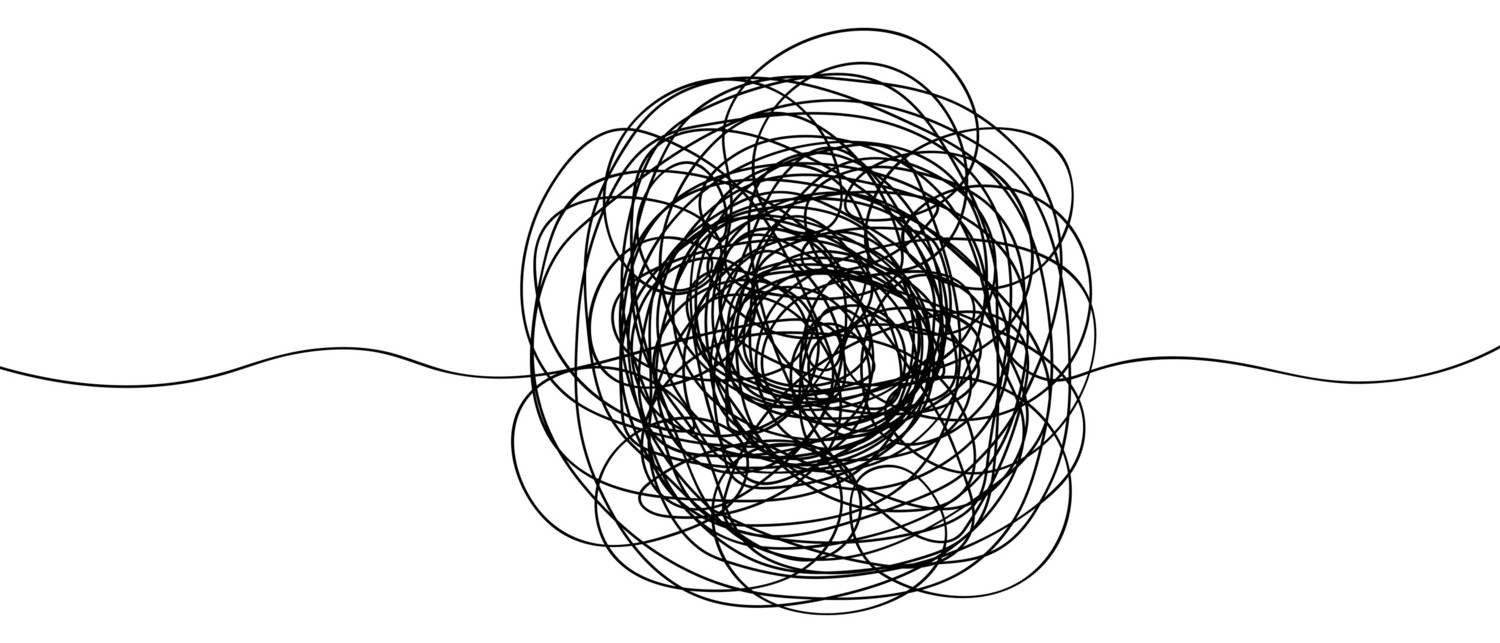
Blended families bring unique joys and challenges, especially for individuals who have been divorced and are now navigating new relationships. One common issue that can arise is the dynamic between a parent and their young adult children. In some cases, a parent may unintentionally treat their adult child as a partner rather than a child, complicating family dynamics and negatively impacting their new love relationship. Understanding this phenomenon is essential for fostering healthy relationships within blended families.
Understanding the Role Reversal
In blended families, emotional space can become blurred, especially if a parent leans heavily on their young adult child for support, opinions and advice. This dynamic can lead to confusion and strain for both the parent and the young adult child. This confusion often manifests as anxiety and eventually unhealthy relationship enmeshment. Enmeshment in the “parent-young adult child dynamic” occurs when boundaries blur, leading to role reversals and excessive dependency, which can eventually hinder the young adult child’s autonomy and strain their emotional well-being.
This can happen after divorce, when a parent unintentionally turns to a young adult child to fill a gap. As stated above this is usually unplanned but this article is created to help keep us awake to our behaviour as we find ourselves in a new relationship or if we have been a blended family for a while and notice that our primary love relationship is not progressing well.
Key Implications:
- Neglect of New Romantic Relationships: When a parent prioritizes their young adult child’s needs over their new partner's, it can create tension and feelings of neglect in the relationship, undermining its stability. Putting young adult children ahead of your primary love relationship has been explored in long term relationship studies. This dynamic often results in loss of the relationship, or at very least reduced emotional connection between partners eventually leading to major loss of physical intimacy.
- Blurred Family Roles: In the absence of clear boundaries, the son or daughter may not know whether to act as the child or a peer, increasing stress, uncertainty leading to anxiety.
- Impact on Future Relationships: This dynamic can confuse the young adult child about healthy boundaries, leading him or her to replicate these role reversals in their future relationships, potentially fostering codependency which fuels anxiety. A whole article could be written about this issue and how it negatively impacts the young adult child’s future relationships.
- Emotional Strain: The parent may inadvertently place heavy responsibilities on the young adult, making them feel accountable for adult issues that should not be their burden, for example financial disclosures from the parent or further to that, requests for advice or permission.
Signs to Recognize
Identifying these patterns is crucial for maintaining healthy relationships in blended families. Here are some signs that a parent may be treating their young adult child more as a partner than as a child:
- Inadequate or Reduced Attention to the New Partner: The parent frequently prioritizes their child's needs over spending quality time with their new partner, leading to feelings of isolation for the partner.
- Excessive Emotional and Financial Sharing: The parent confides in the child about personal relationships, financial matters and leans on them for advise more than is appropriate, which can overwhelm the child and blur familial roles.
- Continual Seeking of Opinions: The parent often seeks the child’s input on major and minor decisions instead of consulting their partner, further diminishing the partner's role in the family dynamic.
- Conflict Avoidance: The parent may avoid addressing issues with their new partner, focusing instead on catering to their child's needs, which can strain the new relationship. Research shows that putting young adult children ahead of your primary love partner leads to unsuccessful relationship dynamics and reduced emotional connection.
- Child as Advisor: The young adult child is often consulted and asked to provide advice on many adult issues, putting them in a position that can lead to anxiety and possibly emotional burnout.
- Diminished Communication with New Partner: The parent neglects meaningful communication with their primary love partner, allowing the young adult child to fill this gap, which leads to complications in both relationships over time.
Conclusion
For parents in blended families, recognizing the signs that their young adult children may be treated like partners rather than young adult children is essential for maintaining healthy emotional dynamics. Open communication, establishing clear boundaries, and seeking professional guidance when needed can foster more balanced relationships within the family.
Navigating these challenges thoughtfully and proactively can help strengthen the bonds among family members, allowing both parents and children to thrive in their respective roles. By re-evaluating these dynamics, families can build resilient, supportive environments that honor both parental and romantic relationships while ensuring that young adult children are not placed in inappropriate roles.

shauna paynter
Contact Me



